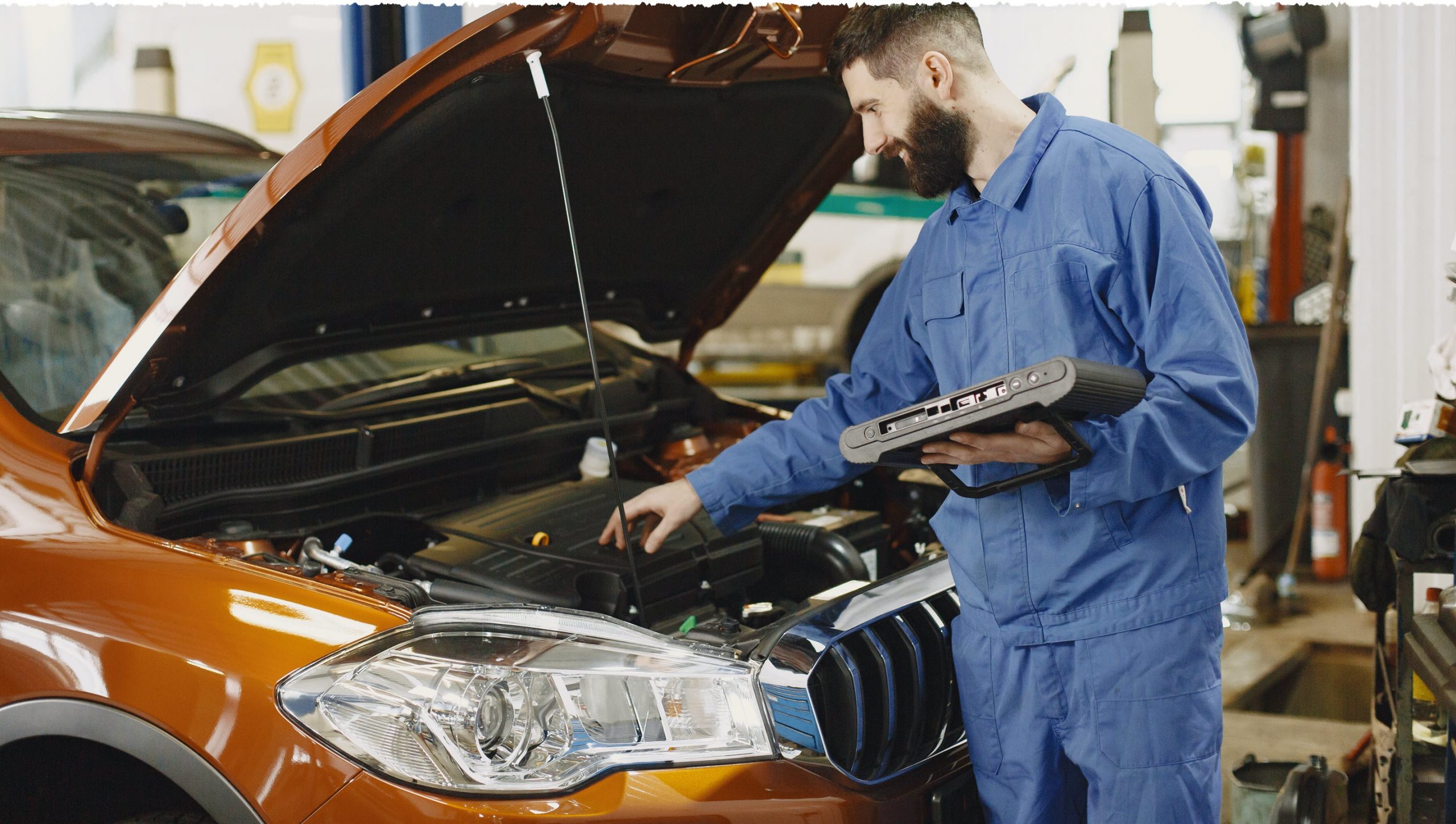

If you hear a pinging, knocking, or banging sound coming from your engine, you may have a problem with engine knocking. Engine knocking is a sign of premature combustion in one or more cylinders, which can damage your engine and reduce its performance. In this month’s blog post, we explain what causes engine knocking, how to identify it, and how to fix it.
What Causes Engine Knocking?
Engine knocking occurs when the fuel-air mixture in the cylinder ignites before the spark plug fires. This disrupts the smooth rotation of the engine and creates a shock wave that produces the knocking sound. Engine knocking can be caused by several factors, such as:
- Low octane fuel: If you use fuel with a lower octane rating than your engine requires, it can ignite too easily under pressure and cause knocking. To prevent this, always use the recommended fuel grade for your vehicle.
- Carbon buildup: Carbon deposits can accumulate on the piston, cylinder walls or spark plugs over time, reducing the cylinder volume and creating hot spots that can trigger premature ignition. To prevent this, use a fuel additive or cleaner to remove carbon buildup regularly.
- Bad knock sensor: The knock sensor is a device that monitors the engine for knocking and adjusts the ignition timing accordingly. If the knock sensor is faulty, it can send wrong signals to the engine control unit and cause knocking.
- Wrong ignition timing: The ignition timing is the moment when the spark plug fires to ignite the fuel-air mixture. If the ignition timing is too advanced or too slow, it can cause knocking.
- Lean fuel mixture: A lean fuel mixture means that there is more air than fuel in the cylinder, which can cause higher temperatures and pressures and lead to knocking.
- Worn bearings or belt tensioners: Worn bearings or belt tensioners can cause vibrations or noises in the engine that can be mistaken for knocking.
How Do You Identify Engine Knocking?
Engine knocking can be identified by listening to your engine while driving or idling. If you hear a pinging, knocking, or banging sound that changes with engine speed or load, you may have engine knocking. You may also notice other symptoms such as:
- Loss of power or acceleration
- Reduced fuel economy
- Check engine light on
- Engine overheating
How Do You Fix Engine Knocking?
Engine knocking can be fixed by addressing the underlying cause of the problem. Depending on the cause, you may need to:
- Change your fuel type or use an octane booster
- Use a fuel additive or cleaner to remove carbon buildup
- Replace the knock sensor
- Adjust the ignition timing
- Check and replace the fuel system components
- Inspect and replace the bearings or belt tensioners
If you are not sure what is causing your engine knocking, it is best to take your vehicle to a service professional for diagnosis and repair. Ignoring engine knocking can lead to serious engine damage and costly repairs. Contact the professionals at Colonial Service Station today to schedule an appointment.
